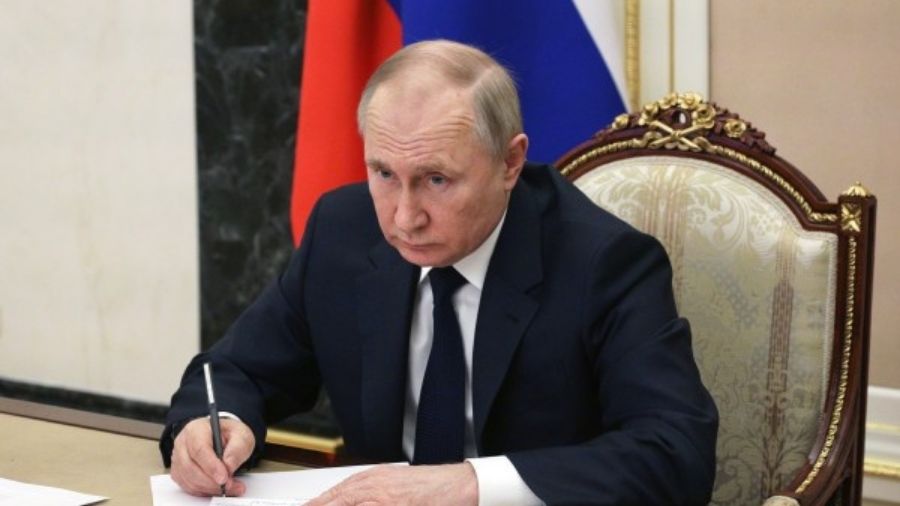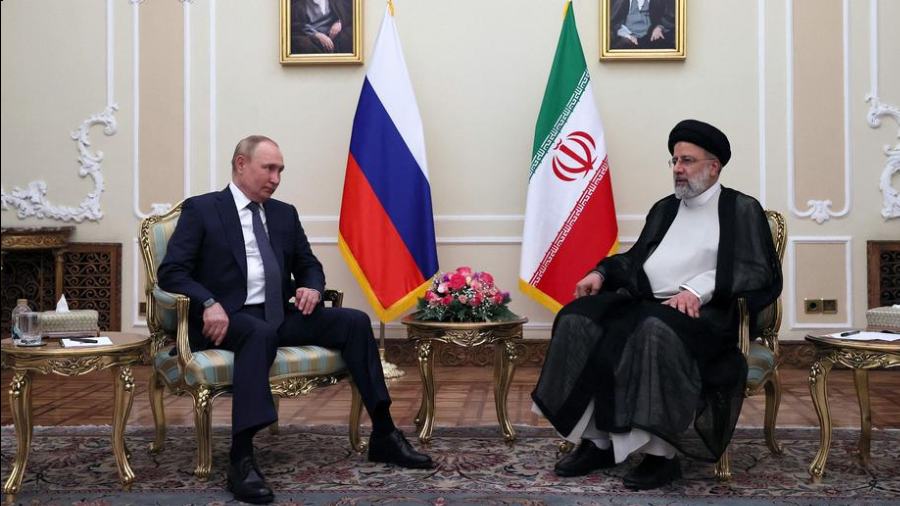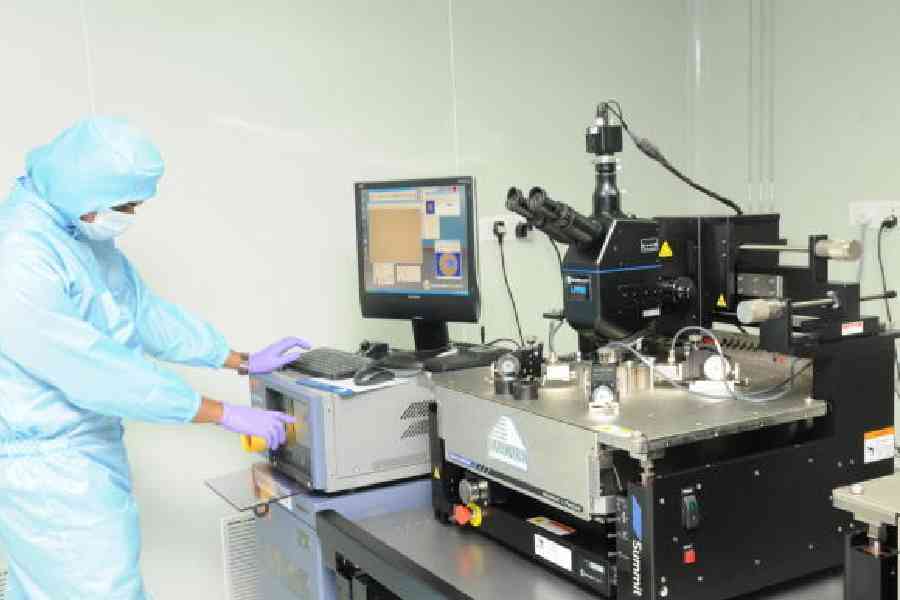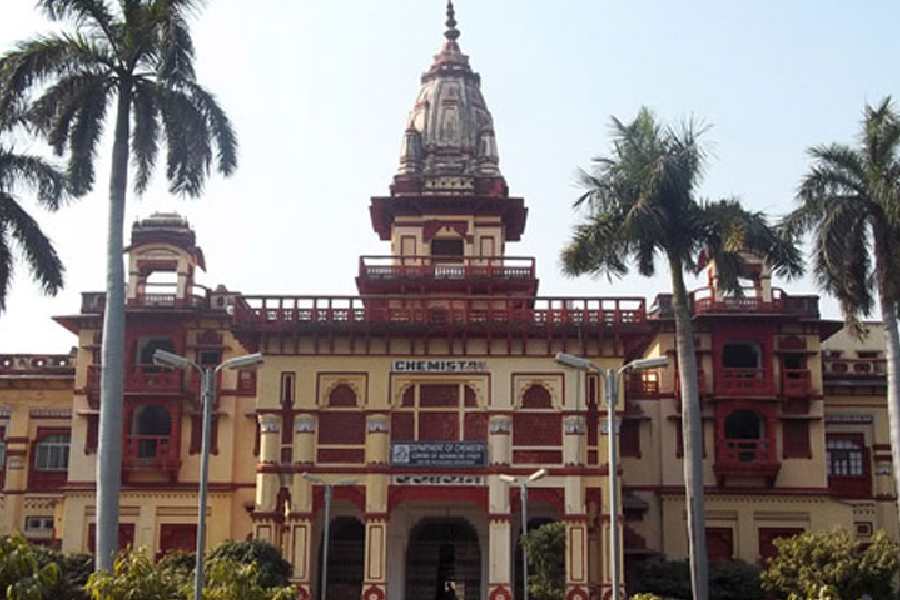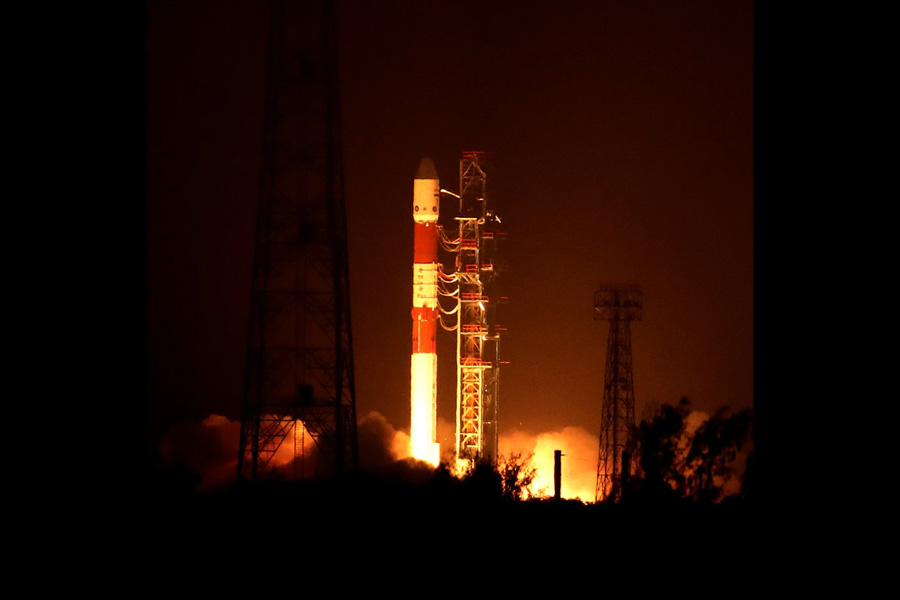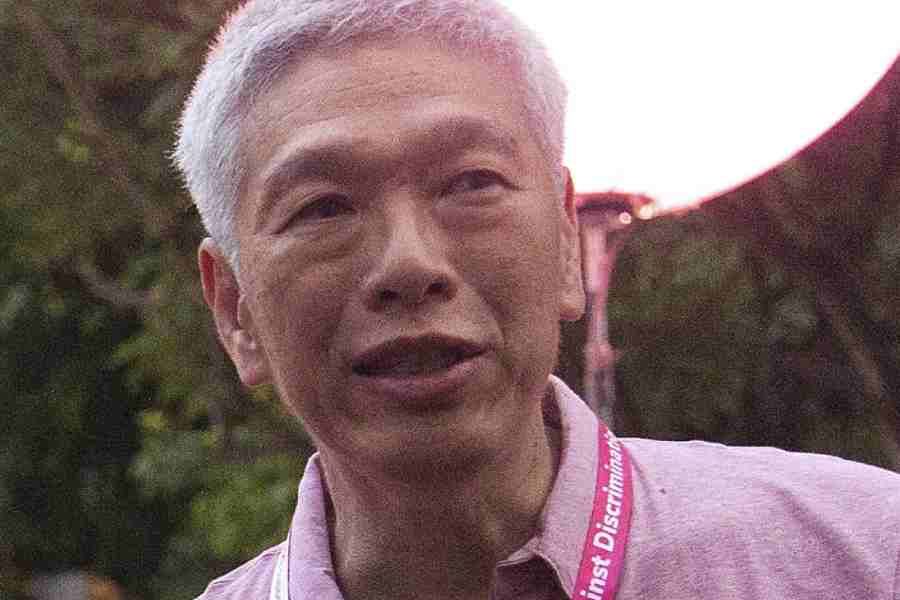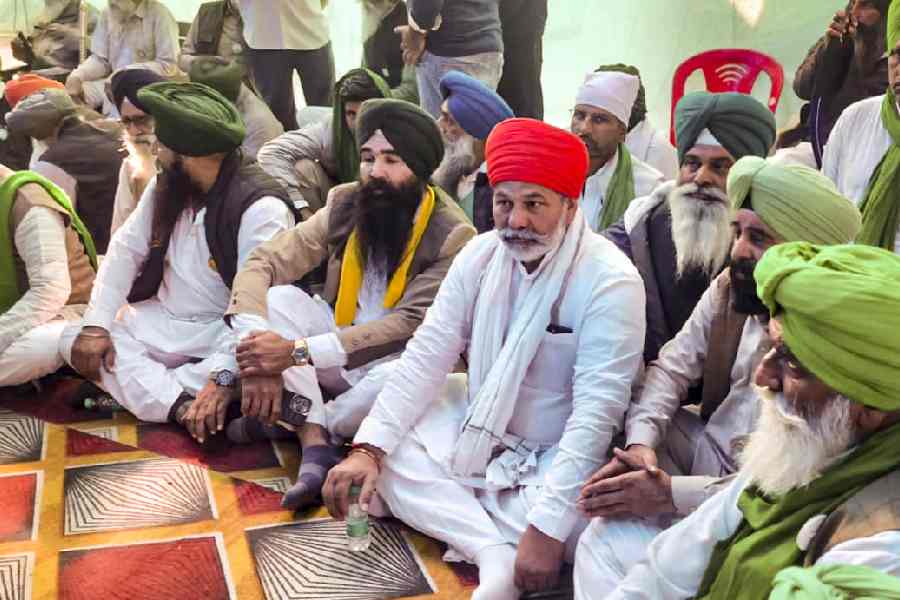Vladimir Putin’s war on Ukraine has cast a shadow on the Consular Corps in Calcutta as almost all the representatives of the G7 countries have stopped attending the monthly meeting of the forum in an apparent rebuff to Russia.
Russia’s consul-general to the city, Alexy M. Idamkin, is the dean of the 80-member diplomatic corps. The G7 countries are Canada, France, Germany, Italy, the UK, the US and Japan and the European Union (non-enumerated member).
The Consular Corps is almost like a club where career diplomats and the honorary consuls meet to discuss issues related to the functioning of the consulates or other related matters once every month. Politics or geopolitics has never featured on the agenda.
“The situation, however, changed on March 9 when Manfred Auster, the German consul-general, read out a detailed statement on behalf of the G7 countries about the war on Ukraine.… After that, some of the western countries wanted the Consular Corps Calcutta to adopt a resolution condemning the war,” said an honorary consul of a European country on condition of anonymity.
The representatives of the G7 countries, the source added, also conveyed to the forum their inhibitions about attending the monthly meetings under the chairmanship of Idamkin, the Russian envoy.
The senior-most diplomat is normally the dean of the Consular Corps, who is assisted by the vice-dean, the next person in terms of seniority.
“The proposal of adopting a resolution against the war, to be precise against Russia, was not accepted by most of the members as the forum has never taken up political issues.… If we start adopting resolutions like this, there will be no end to it,” said a senior member of the Consular Corps while adding that the decision of the majority was politely conveyed to Melinda Pavek, the US consul-general.
While the representatives of the member countries — especially the honorary consuls — are worried about the divisions, Pradeep Khemka, honorary director and treasurer of the forum, said that everything was normal in the Consular Corps.
“Yes, the German consul-general had read out a statement on behalf of the G7 countries, which was later circulated with the minutes of the meeting.… But since then, everything is normal,” Khemka told The Telegraph.
Multiple sources in the forum said that while the monthly meetings were taking place — the last one was held on July 13 — and that some of the members occasionally met on the national days of various countries, the absence of the representatives of the G7 countries was felt.
A source said that as there were no signs of the war ending soon, they were not sure when the situation would be back to normal.
“In view of the prevailing situation, some members informally communicated to the dean about the problem and he also skipped the last meeting.… His absence, however, wasn’t enough to bring the G7 representatives back,” said a source.
The source added that only a handful of members were present at the recent national day celebrations of Russia on June 12.
“The divisions will be clearer as one of the honorary consuls of a western country is throwing a reception on July 29 for like-minded people to celebrate the unity between the diplomats of Nato and Quad member countries in Calcutta,” said the source.

